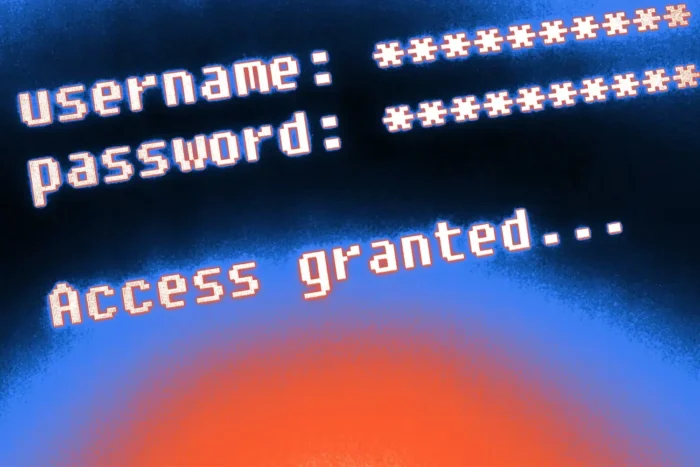Security Center
Your resource for security and fraud information. Learn more about how to protect your identity and finances.
Our members are reporting an increase in fraudulent text messages. If you receive a text or call from Amplify asking for secure account information or your online banking login information, please do not reply or respond. Keep reading to learn how to identify a suspicious activity text scam.
Interactive Lesson Plans
Amplify has partnered with Banzai to provide financial tools and resources to our members. Here are three interactive lessons you can take that will help your family level up your skills.
Are You Cyber Safe? For Teens
This interactive game is designed to help teens better identify unsafe online experiences and protect themselves from unwanted consequences.
Workplace Cybersecurity
This session offers lessons and quizzes to help you better manage the four core areas of cybersecurity: passwords, device and account security, emails, and personal safety.
Real-Time Scam Checker
This interactive scam checker can help you know whether a message is trustworthy or most likely a scam, helping protect your personal data and your finances.

How to Handle Data Breaches
According to the Identity Theft Resource Center (ITRC), over 1.7 billion people had personal information compromised in 2024. If you think your information may have been exposed in a cyber attack, here are steps to take to protect yourself.
Additional Information
From our contact center to our self-service member portal, our team is here to answer your security questions and help verify your account information.
General Questions
If you are worried that your account information may be compromised, or have questions about your account, call member support immediately.
Fraud & Disputes
Visit Ask Amplify to learn how to file a fraud claim or dispute a transaction from an Amplify checking account, savings account, or credit card.
Security Codes
Need to verify a text message from Amplify? Here’s our list of active SMS short codes and what notifications they support.